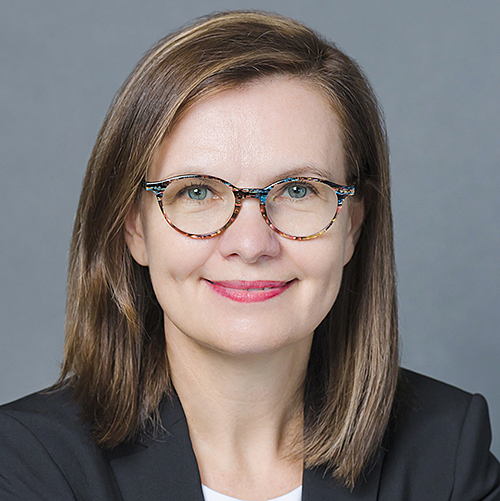With much of the worst economic concerns starting to recede, family offices are putting more of their cash to work, displaying an increased appetite for risk and a desire for high-quality yields, a new report finds.
“To date, 2023 has surprised to the upside. The most widely forecasted recession in history has so far failed to appear,” Citi Private Bank says in its Family Office Investment Report: Q2 2023 Capital Flows & Insights. “Stubbornly high inflation in many places has begun to retreat in the face of ongoing rate hikes from global central banks. Global equities have pressed higher, adding a further 6.3% in the second quarter of 2023. Again, the technology sector powered ahead.”
In Asia-Pacific, family offices had the lowest cash allocation compared to their global peers in the quarter, while fixed income weightings increased, with a focus on quality. On an equal-weighted basis, allocations to cash fell 1.1% quarter-on-quarter to 24.4%, and on a capital-weighted view, there was a decrease of 0.57% to 17.2%.
By comparison, counterparts in Europe, the Middle East and Africa reported the highest cash allocations, accounting for 35.2% on an equal-weighted basis and 27.4% on a capital-weighted basis.
(The Citi report uses two methodologies in its analysis: equal-weighted, wherein each account is given the same weight in the calculation of averages, and capital-weighted, in which the weight of each account is proportional to its asset value.)
Meanwhile, allocations to fixed income rose by 1.76% to 23.5% during the period on an equal-weighted basis and by 1.79% to 22.6% on a capital-weighted basis.
High-quality debt remained popular among family offices, as it offered the potential for portfolio diversification and served as a significant income source, the Citi report says. Investment-grade developed debts and sovereign debts were the primary contributors to the positive net dollar inflow during the period.
Emerging market debt allocations slightly decreased on an equal-weighted basis (down 0.11% to 5.63%) but increased on a capital-weighted basis (up 0.17%). Buying was diversified across sectors while selling was primarily in cyclical sectors such as real estate, energy, and financials.
Private equity investments
Alternative asset classes such as private equity, real estate, and hedge funds rose by 0.27% to 11.5% on an equal-weighted basis. Private equity was the most significant alternative asset class, with a 4.5% allocation.
Separately, the UBS Global Family Office Report 2023 notes that Asia-Pacific showed a preference for direct investments, particularly in technology, which made up 77% of their private equity investments. Medical devices and health technology were the most appealing investment themes.
“While current market and geopolitical trends have prompted a shift to liquid, short-dated fixed income, 66% of family offices still believe that illiquidity boosts returns in the long-term and they're looking to further increase allocations to alternatives like hedge funds, private equity funds and private debt to further diversify their private markets allocations,” says George Athanasopoulos, head of global family and institutional wealth and co-head of global markets at UBS.
According to the Citi Private Bank report, hedge fund inflows remained roughly flat at 3.9% on an equal-weighted basis and 1.4% on a capital-weighted basis, with interest seen in select Asia-focused long-only, fixed income relative value and multi-strategy hedge funds. On the other hand, allocations to commodities diminished, with clients reducing their exposure to gold.
Equities experienced a net dollar outflow during the second quarter, with the equal-weighted average allocation falling 0.78% to 40%. This was also true on a capital-weighted basis, with a 1.13% decline to 55.8%. Sell trades slightly outnumbered buys.
The largest contributor to the net dollar outflow was holdings of emerging market equities, where sell trades were almost double those of buys, according to the Citi report. By contrast, developed large-cap equities recorded positive net dollar flows. Buying interest was broadly focused on the information technology and consumer discretionary sectors.
Developed small and mid-cap equities also saw net inflows in the region. The increase on a capital-weighted basis (up 0.15% to 3.6%) contrasted with an equal-weighted basis reduction (down 0.2% to 4.2%) primarily due to a couple of large buy transactions. Buying was focused on financials and real estate, while selling interests were broadly spread.









